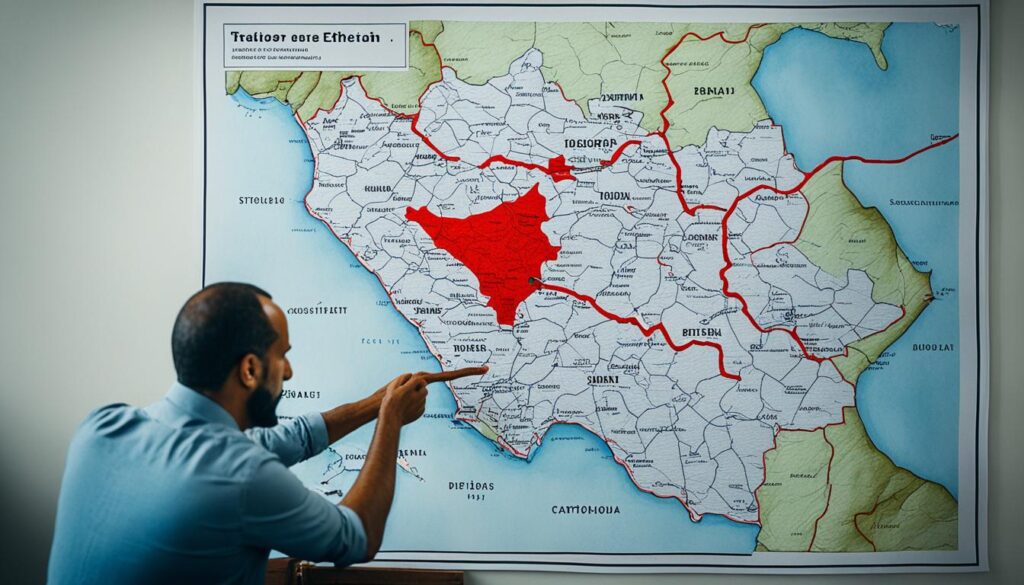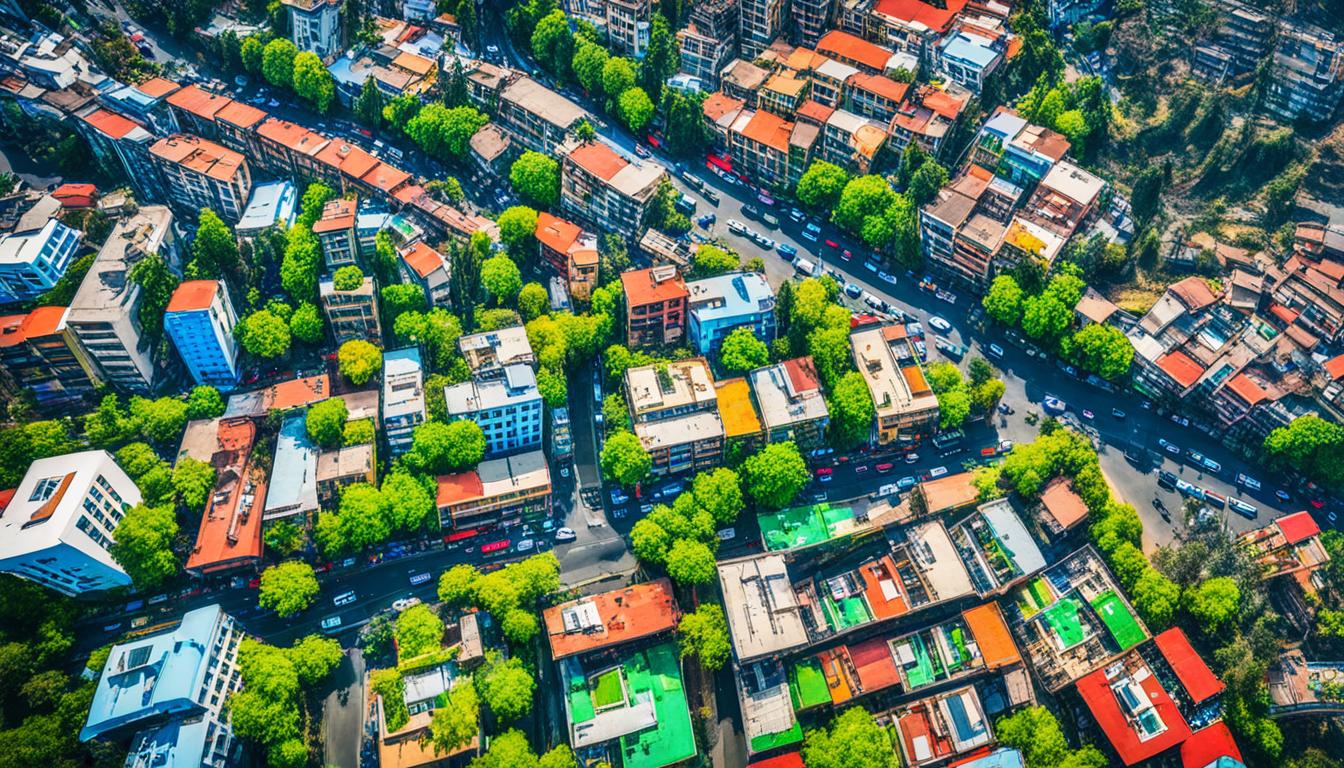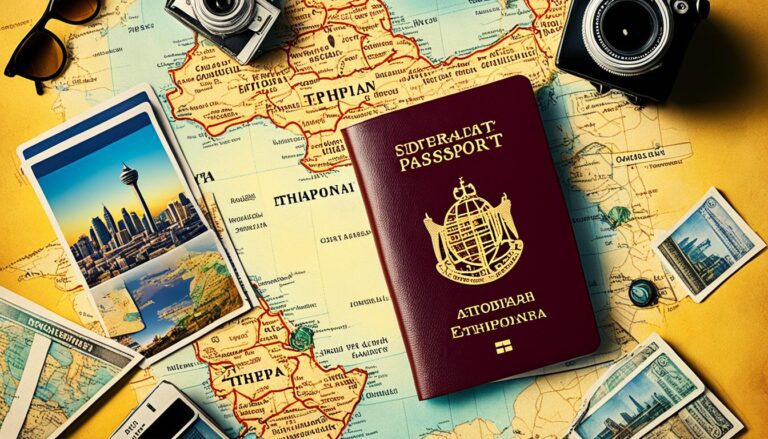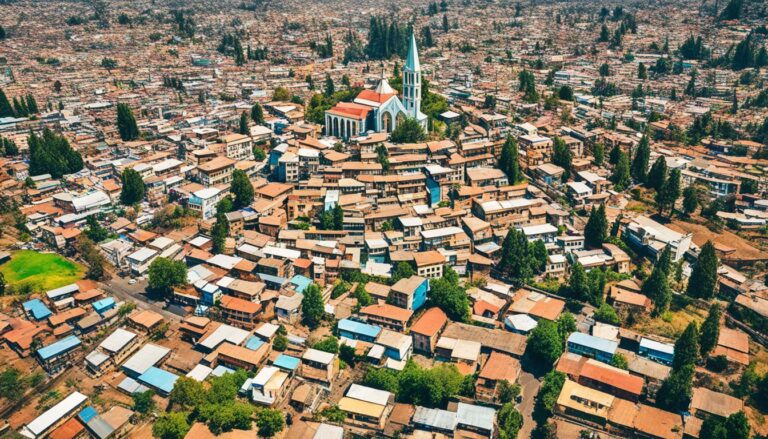How Safe Is It to Travel to Addis Ababa?
If you’re considering a trip to Addis Ababa, the fascinating capital of Ethiopia, you may be wondering about the safety of traveling to this vibrant city. Ethiopia is a country known for its rich history, diverse cultures, and stunning landscapes, but it’s also important to be informed about the safety situation before embarking on your adventure. So, how safe is it to travel to Addis Ababa?
As with any destination, there are certain safety considerations to keep in mind. While Addis Ababa itself is relatively safe, there are other regions in Ethiopia that may pose risks due to sporadic violent conflict, civil unrest, and crime. Understanding the current security situation and taking necessary precautions can help ensure a secure and enjoyable Ethiopian adventure.
In this article, we will explore the safety aspects of traveling to Addis Ababa and provide you with essential tips to navigate the local environment with confidence. Let’s delve into the details and uncover the reality of traveling to this remarkable city.
Key Takeaways:
- Before traveling to Addis Ababa or other parts of Ethiopia, it is crucial to evaluate the safety situation and stay informed about any potential risks.
- Addis Ababa itself is relatively safe, but other regions in Ethiopia may experience sporadic violent conflict, civil unrest, and crime.
- Pay attention to travel advisories and be aware of restricted regions that are not recommended for travel.
- Border areas and neighboring countries may have heightened security concerns and should be approached with caution.
- Take necessary precautions to protect yourself from crime and kidnapping risks, such as getting professional security advice and avoiding signs of affluence.
Safety and Security in Ethiopia
Traveling to Ethiopia requires vigilance and awareness of the security situation. The country experiences a volatile and unpredictable situation in various areas due to ethnic conflicts. Violent clashes and civil unrest are common, especially near regional borders.
Sporadic roadblocks and curfews may be implemented, causing disruptions to travel plans. Telecommunications services may also be disrupted during these times. Travelers should be prepared for these challenges and stay informed about the latest developments.
It is essential to expect a heightened security presence throughout the country. Ensure your travel documents are up to date and carry identification at all times. Comply with the instructions of security forces to ensure your safety and the safety of others.
Currently, the Amhara region is under a state of emergency due to clashes between armed groups and security forces. This situation has led to restrictions on freedom of movement and assembly. Travelers in this region should pay close attention to local media, follow local authorities’ instructions, and register with their respective embassies for important safety updates.
Traveling to Ethiopia can be a rewarding experience, but it is crucial to prioritize safety and security. By staying informed, exercising caution, and following the guidance of local authorities, you can have a safe and enjoyable visit to this culturally rich country.
Restricted Regions in Ethiopia

Several regions in Ethiopia are restricted for travel due to the safety risks involved. The Tigray region and border with Eritrea, Afar-Tigray border areas, Amhara region, Gambella, Benishangul Gumuz, specific areas in Oromia, and Southern Nations and National People (SNNP) region have heightened security concerns such as violent conflict, civil unrest, ethnically motivated violence, and crime.
Travel by U.S. government personnel is restricted in these areas, except for limited exceptions to support humanitarian capacity and priority diplomatic engagement efforts. It is important for travelers to avoid these regions and consider alternative destinations within Ethiopia that offer a safer and more secure environment.
Border Areas and Neighboring Countries
Border areas in Ethiopia, including regional borders, often see higher criminal activity and violence, particularly in rural areas.
The border with Eritrea remains heavily militarized despite a peace agreement signed in 2018, and armed conflict could erupt without notice.
Kenya and Sudan borders also experience inter-ethnic conflicts and banditry, and there is a presence of armed groups hostile to the government of Ethiopia.
Landmines pose a risk in these areas.
The border area with Somalia is known for terrorism and kidnappings, and there are landmines present as well.
Travelers are advised to avoid these border areas and exercise caution when traveling near the borders with neighboring countries.
Crime and Kidnapping Risks in Ethiopia

Ethiopia poses certain safety risks in terms of crime and kidnapping, particularly in the Somali, Gambella, Oromia regions, and border areas with Kenya, Somalia, South Sudan, and Eritrea. We understand that safety is a top concern when traveling, so we advise taking necessary precautions to ensure a secure journey.
Precautions to Enhance Safety
1. Seek Professional Security Advice: Before traveling to Ethiopia, consider consulting with a professional security advisor who can provide valuable insights and recommendations specific to your travel plans.
2. Arrange for Personal Security: In high-risk areas, it may be prudent to arrange for personal security services to ensure your safety throughout your trip.
3. Vary Travel Patterns: To avoid becoming a target, try to change your travel patterns regularly and avoid predictable routines.
4. Avoid Signs of Affluence: Displaying signs of affluence, such as expensive jewelry or electronic devices, can make you a target for theft. It’s best to avoid drawing unnecessary attention to yourself.
5. Don’t Travel Alone: Traveling with a companion or in a group can enhance your safety and deter potential criminals.
6. Stay Alert to Your Surroundings: Awareness of your surroundings is crucial. Stay vigilant and keep an eye out for any suspicious activities or individuals.
Petty Crimes and Violent Incidents
In crowded areas of Addis Ababa, petty crimes like pickpocketing and muggings can occur. While violent crimes are rare, there have been cases of armed assaults and muggings targeting foreigners. To mitigate these risks, it’s essential to remain cautious during your travels.
Conclusion
When considering traveling to Addis Ababa, it is important to evaluate the safety situation in Ethiopia. While the security situation in Addis Ababa itself remains stable, other regions of the country experience sporadic violent conflict, civil unrest, and crime.
The U.S. government advises against travel to certain regions due to the potential risks involved. It is crucial for travelers to exercise caution, stay informed about local developments through media sources, follow the instructions of local authorities, and register with their respective embassies.
Before planning a trip to Addis Ababa or other parts of Ethiopia, it is essential to do thorough research and consult relevant travel advisories. By taking these necessary precautions, travelers can ensure a secure and enjoyable Ethiopian adventure.







